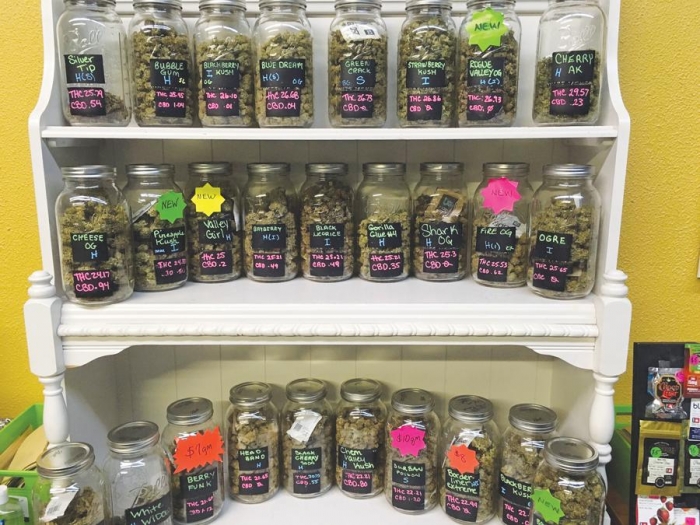You are here
Home 🌿 Medical Cannabis News 🌿 Illegal drug or medicine?: Michigan marijuana law changes cause local debates 🌿Illegal drug or medicine?: Michigan marijuana law changes cause local debates

Michigan voters legalized the use of marijuana for medical use in 2008. Until recently, providers and patients remained somewhat hidden.
In December, Gov. Rick Snyder signed three laws that legalized medical marijuana dispensaries, regulated growing and processing facilities and extended legal protections to registered patients who prefer to use non-smokable forms of the drug, including edibles and oils.
The bills, however, left some of these decisions up to local governments. The laws said local leaders could decide if they wanted medical marijuana facilities within their borders. The facilities are banned from setting up shop in any city, village or township without prior approval.
Some local governments aren’t waiting for requests, but are considering whether or not to pass resolutions for or against marijuana dispensaries, processors and others within their borders. The laws allow the governments to charge the facilities a $5,000-a-year licensing fee on top of collecting sales, property and business taxes.
But there are concerns too. Because medical marijuana remains illegal under federal law, such facilities cannot use credit cards to collect from customers. Because the businesses become cash-only, they are easy targets for thieves and might attract crime and criminals that police and city officials want to avoid.
Then there is the image. In a county with an already growing drug problem, many do not want to be seen apparently condoning drug use by inviting in medical marijuana facilities because some see marijuana as a gateway drug.
Others, however, see marijuana as an alternative to traditional medicine, and think having local facilities will make it safer for patients.
“In 2008, voters overwhelmingly approved cannabis for medical use,” said Nicole Hernandez, owner/operator of MSC3, a medical marijuana resource center for Lenawee County. “Having safe, regulated facilities means patients can safely obtain quality grown medication with dignity, and without the risks that they could encounter searching for their medicine on the black market.
“Many people reside in this city, as well as surrounding cities, whom possess medical marijuana cards and have no idea where to obtain their medication. Due to previous court rulings MSC3 is currently unable to assist any card holder we are not directly connected to through the Michigan MMJ registry,” she said. “Therefore, our facility, at this present moment, is not able to assist very many MMJ card holders. In turn, this forces the card holders we are unable to assist to either drive to other facilities located in Ann Arbor, Detroit, Lansing, Flint and many other surrounding cities and/or attempt to obtain their medication via black market (i.e craigslist and/or random street dealers) risking the possibility of endangering themselves.”
She’s hoping Adrian will choose to change that.
“I think it’s a positive step in the right direction,” she said, “and believe this is something the residents of the city of Adrian both want as well as need.”
420 Intel is Your Source for Marijuana News
420 Intel Canada is your leading news source for the Canadian cannabis industry. Get the latest updates on Canadian cannabis stocks and developments on how Canada continues to be a major player in the worldwide recreational and medical cannabis industry.
420 Intel Canada is the Canadian Industry news outlet that will keep you updated on how these Canadian developments in recreational and medical marijuana will impact the country and the world. Our commitment is to bring you the most important cannabis news stories from across Canada every day of the week.
Marijuana industry news is a constant endeavor with new developments each day. For marijuana news across the True North, 420 Intel Canada promises to bring you quality, Canadian, cannabis industry news.
You can get 420 Intel news delivered directly to your inbox by signing up for our daily marijuana news, ensuring you’re always kept up to date on the ever-changing cannabis industry. To stay even better informed about marijuana legalization news follow us on Twitter, Facebook and LinkedIn.




